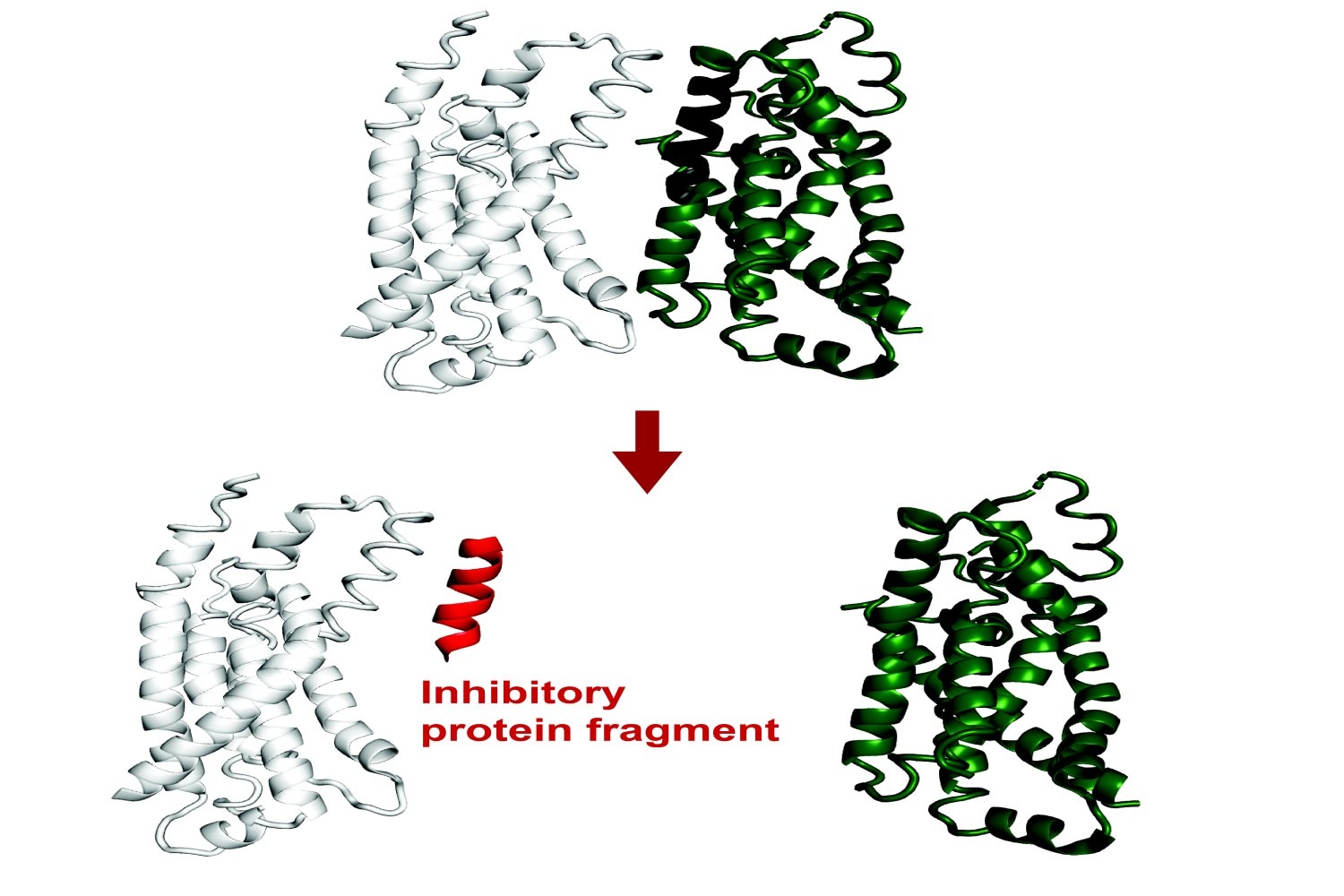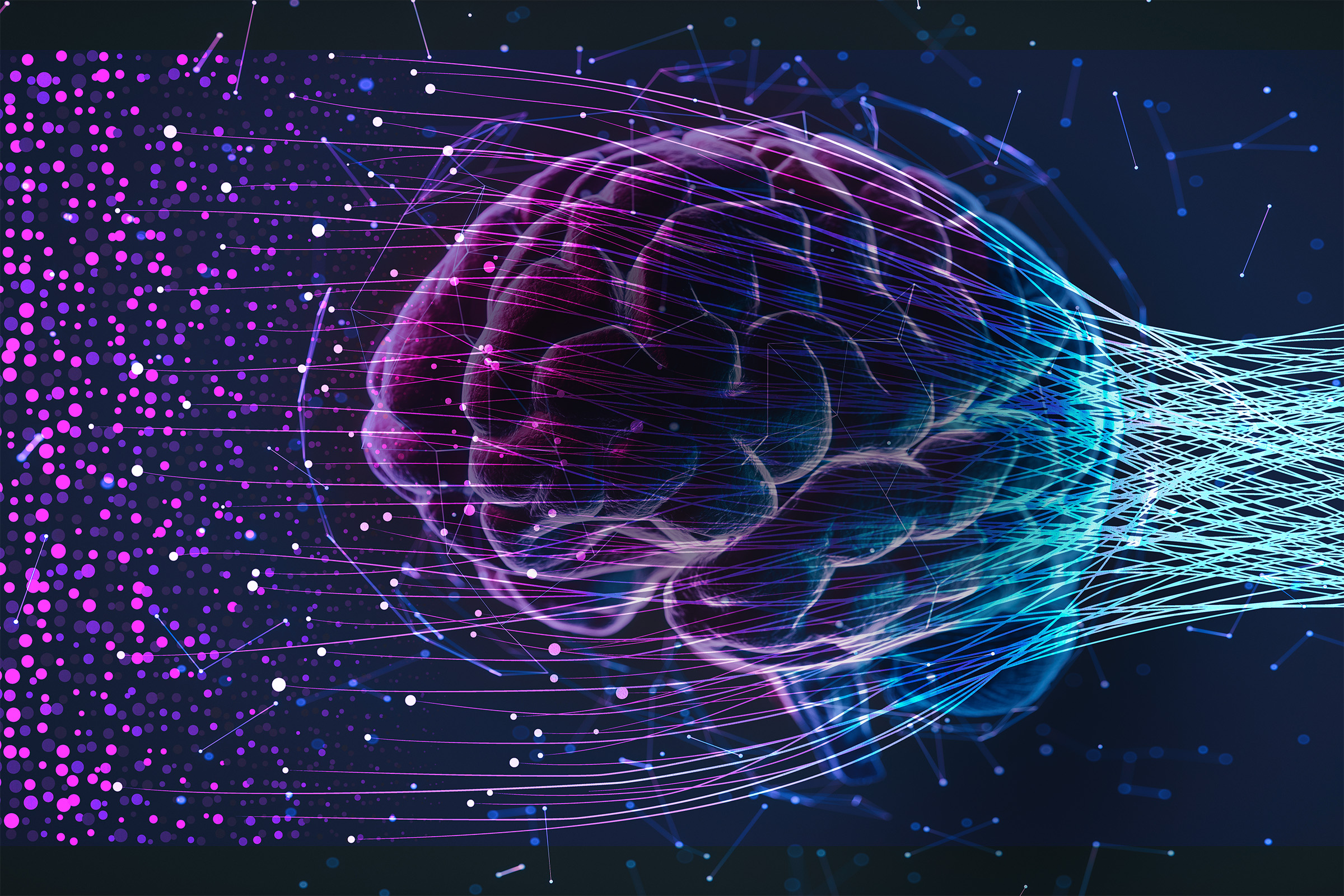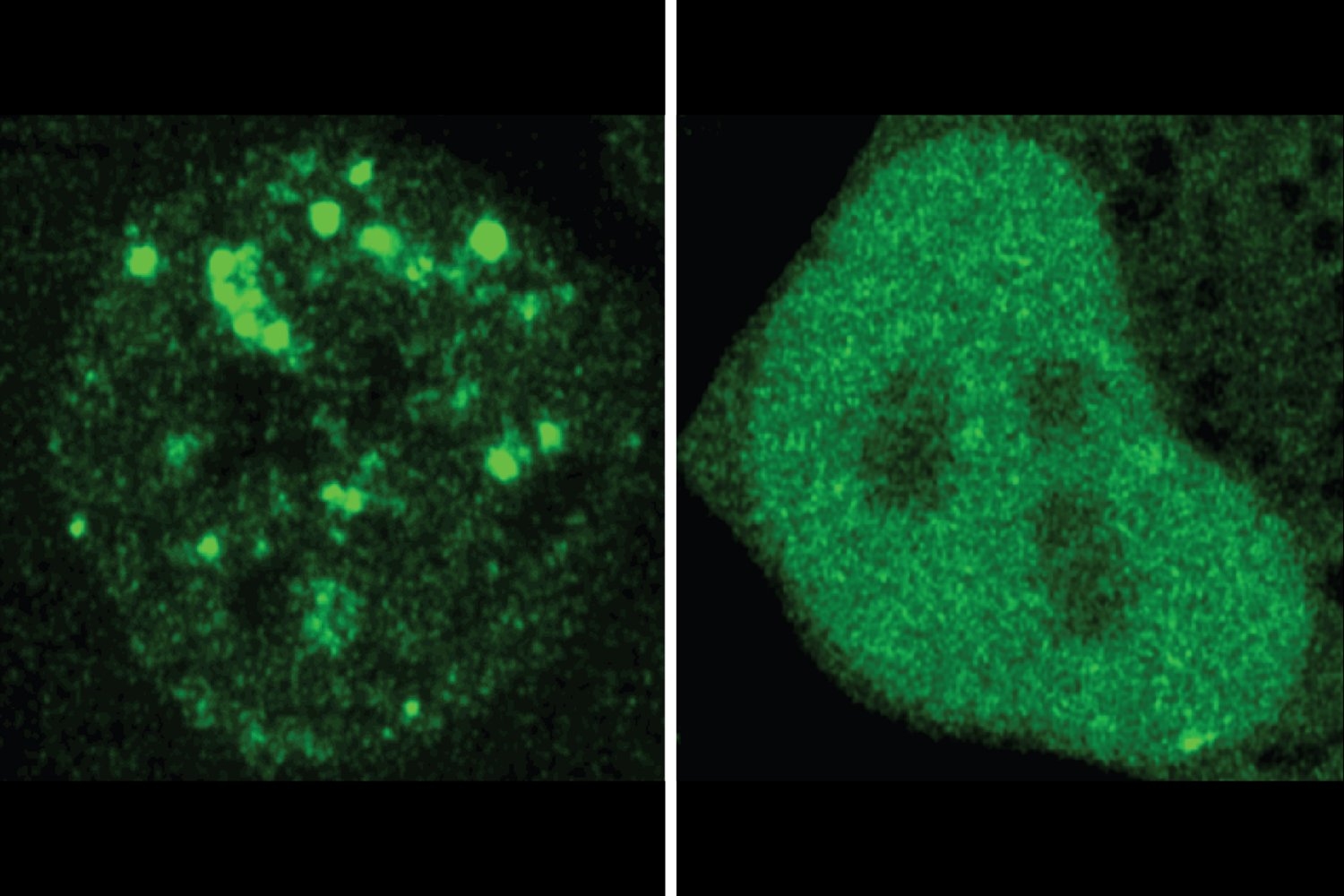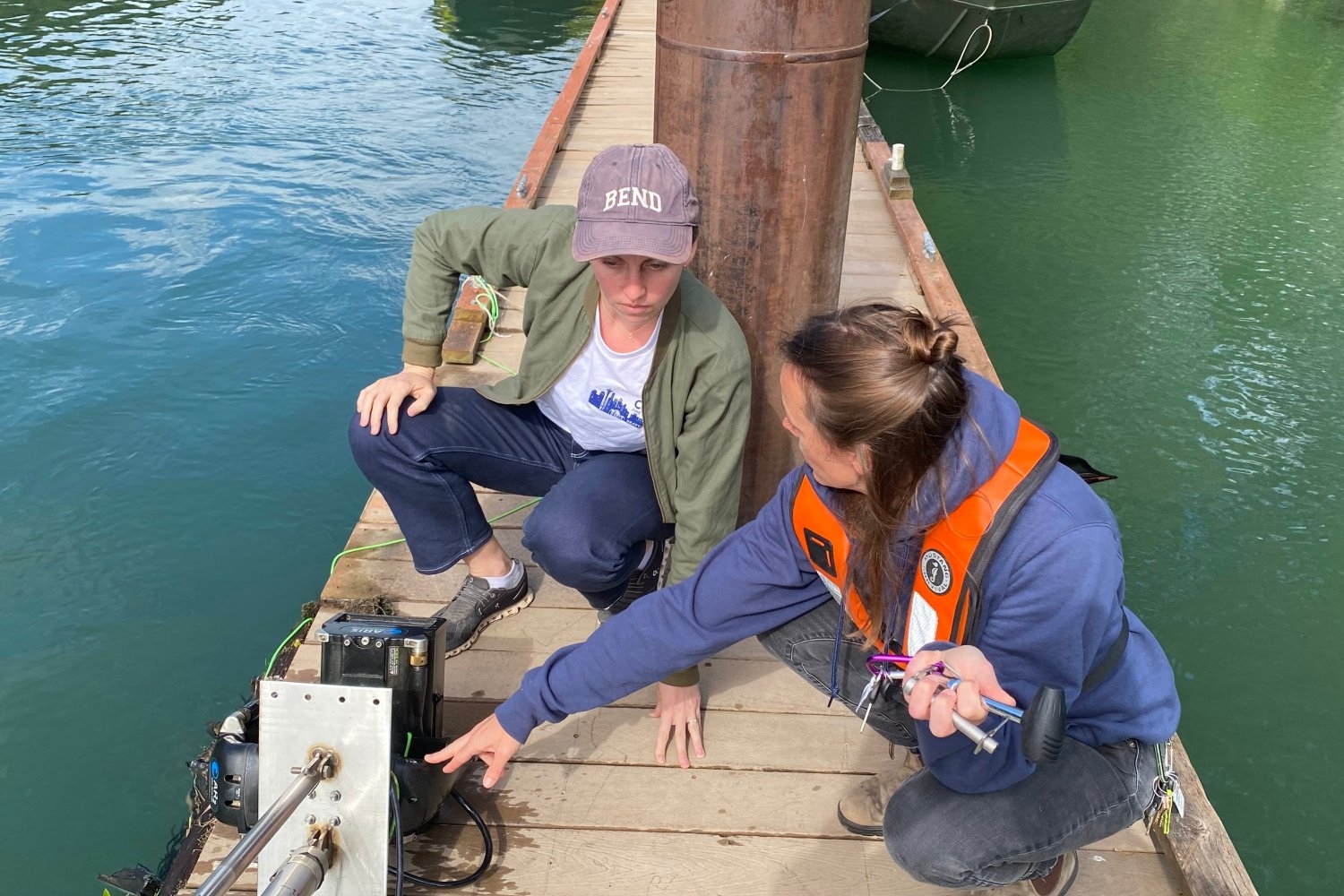Unlocking the secrets of fusion’s core with AI-enhanced simulations
Fusion’s future depends on decoding plasma’s mysteries. Simulations can help keep research on track and reveal more efficient ways to generate fusion energy.
Julianna Mullen | Plasma Science and Fusion Center •
mit
Feb. 18, 2025 • ~7 min
Feb. 18, 2025 • ~7 min
AI model deciphers the code in proteins that tells them where to go
Whitehead Institute and CSAIL researchers created a machine-learning model to predict and generate protein localization, with implications for understanding and remedying disease.
Greta Friar | Whitehead Institute •
mit
Feb. 13, 2025 • ~11 min
Feb. 13, 2025 • ~11 min
Enzymes are the engines of life − machine learning tools could help scientists design new ones to tackle disease and climate change
Enzymes significantly speed up the chemical reactions that keep you alive. Researchers are using AI to create new ones to tackle modern challenges.
Sam Pellock, Postdoctoral Scholar in Biochemistry, University of Washington •
conversation
Feb. 13, 2025 • ~9 min
Feb. 13, 2025 • ~9 min
Here’s how researchers are helping AIs get their facts straight
Having AI models say how confident they are in their answers could help minimize inaccurate responses. Just don’t be overconfident about their confidence scores.
Lu Wang, Associate Professor of Computer Science and Engineering, University of Michigan •
conversation
Feb. 10, 2025 • ~8 min
Feb. 10, 2025 • ~8 min
/
124










